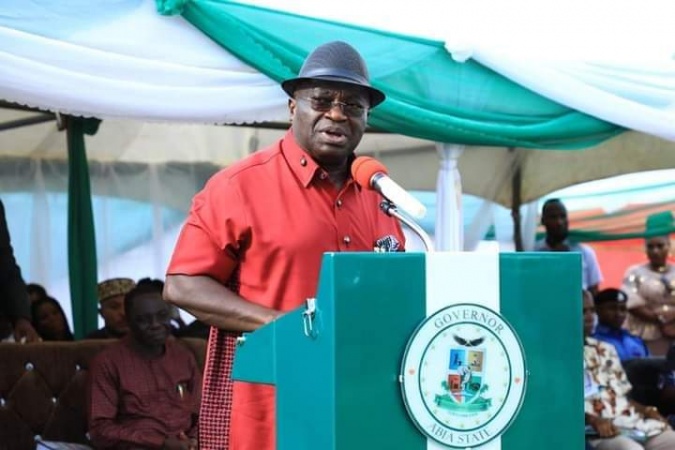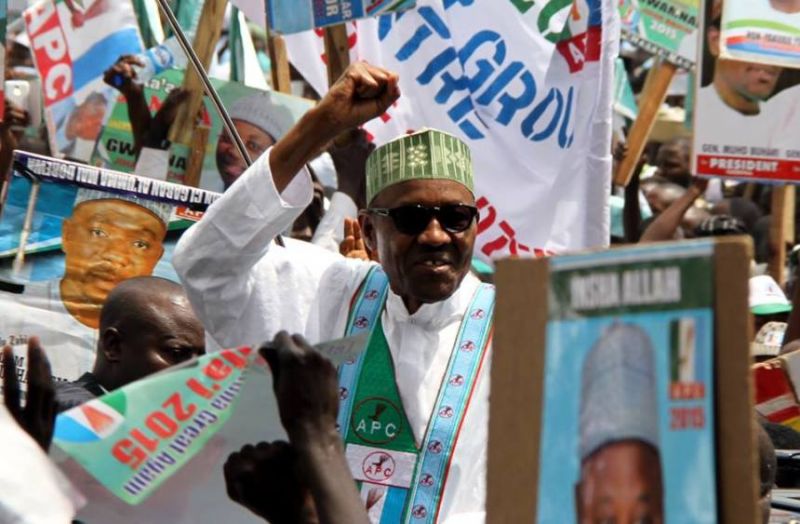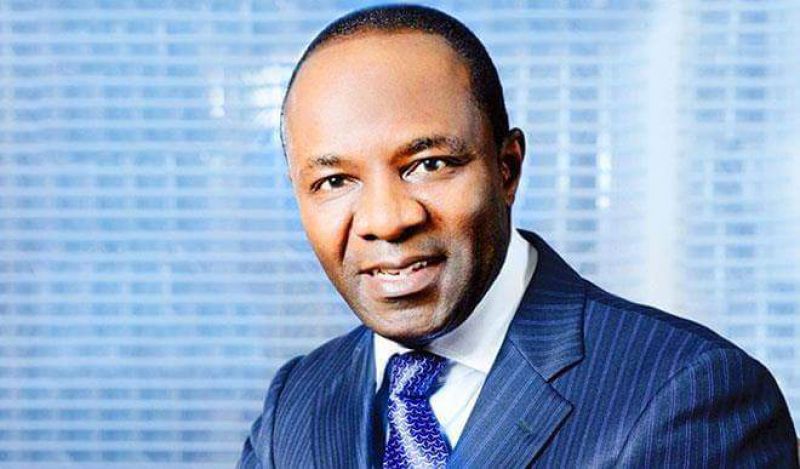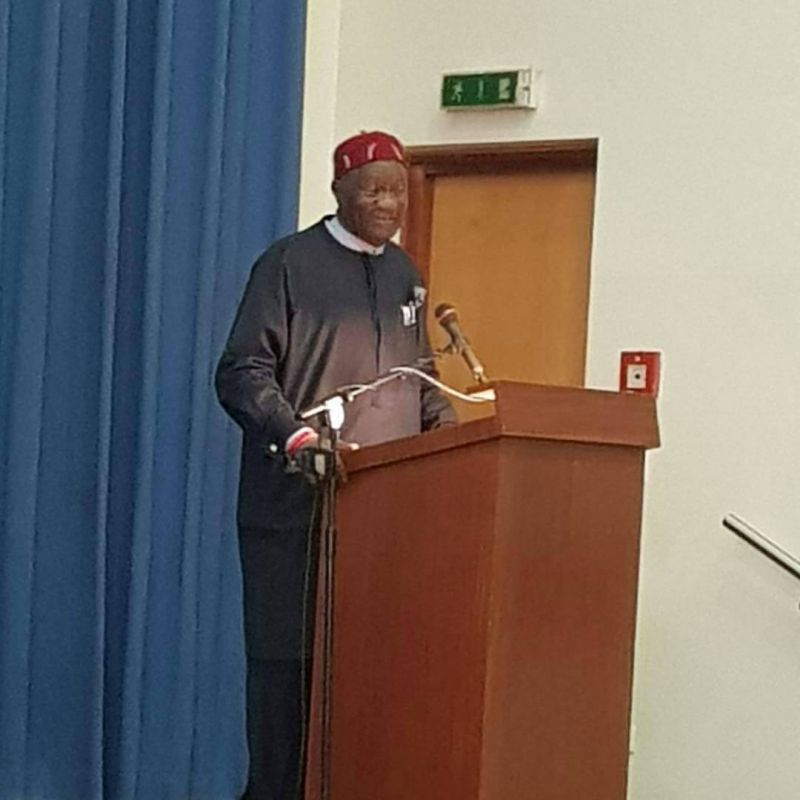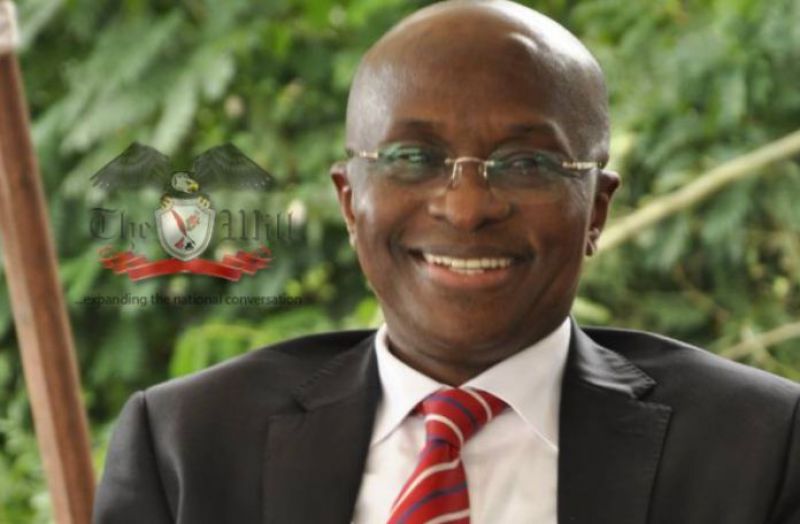Judiciary on trial again
Posted by Amanze Obi | 9 years ago | 3,068 times
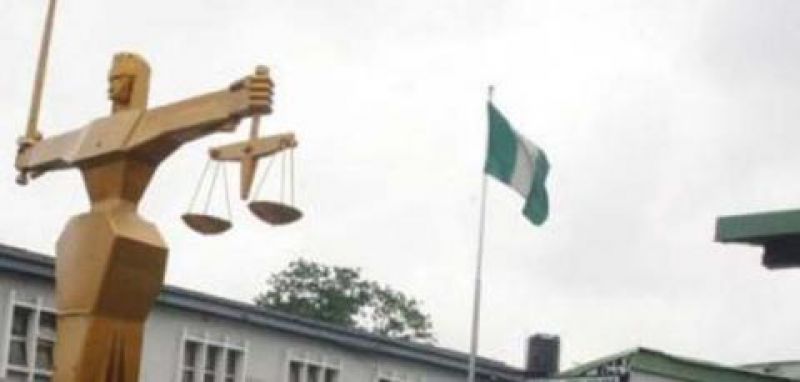
THE people of Abia State or, at least, a sizable chunk of them, are at war with the courts. They are up in arms against the judgement of the Governorship Election Appeal Tribunal sitting in Owerri, which annulled the election of Okezie Ikpeazu, as the governor of Abia state. The five-member panel headed by Justice Oyebisi Omoleye had, last week, upturned the result of the election, which brought Okezie of the Peoples Democratic Party (PDP) to power and awarded victory to Alex Otti of the All Progressives Grand Alliance (APGA).
This latest judgement from the Court of Appeal is in the mould of some of the radical judgements, which our courts have had to deliver in election matters. It will go down in our political history as one of the judgements that have tried and tested the impartiality and independence of the judiciary in Nigeria. It should be noted, for instance, that the judgement is a radical departure from the earlier one given by the Abia State Governorship Election Petition Tribunal, which upheld Okezie’s election. Given this earlier verdict, the expectation was that the worst that could happen would be to call for a rerun in the event of a higher court feeling that the earlier judgement could not be upheld.
But what came from the Court of Appeal was a bombshell. It was not in conformity with the wildest imagination of bookmakers. Our recent experiences with our courts show that such judgements, whenever they are given, are largely political and ultimately spiteful. There are plans behind them. They are usually directed at persons or institutions, which the courts feel have deliberately perverted the principles of equity and fairplay. When, for instance, the Supreme Court declared Chibuike Amaechi as the governor of Rivers State, even when he did not stand for election, the story behind it was one of spite. The court saw Amaechi as the oppressed, in fact, an underdog, who was trampled upon by the PDP and some powers that be who did not want him to become governor. The court’s disposition was that such a man needed help. And so, it veered off the legal route in order to procure a favourable judgement for Amaechi. But the court was later to be embarrassed by its own indiscretion. Today, the verdict of the Supreme Court on Amaechi remains one of the legal aberrations of our time.
But the Abia situation, to all practical intents and purposes, cannot be likened to the Rivers scenario. There are, no doubt, notable political gladiators, who have been battling for political space in the state. But in all of this, neither Okezie nor Otti was in the picture. The two governorship contenders may have been associates of the contending power brokers in the state, but their involvement is too tangential for the political judgement that is playing out. And so, the question must still be asked: Why is the Court of Appeal incensed over Okezie? Why is he being made a subject of spite and disdain? Why has the Court of Appeal acted as if it was on a mission? The majority of the Abia electorate are raising these questions. They are incensed by the judicial fiat that wants to make nonsense of their verdict. And so, the court may have pleased itself in this matter, but the people who are supposed to be the ultimate beneficiaries of the judgement are not satisfied.
The people cannot also fathom why Abia is being factored into the political earthquake that the ruling All Progressives Congress ( APC) is allegedly planning to unleash on the polity. The party has moved into Akwa Ibom and Rivers States and appears set to topple the apple carte. We fully understand the politics behind all this. The two South South states gave the Jonathan candidacy a big boost with the reasonable number of votes they returned in last year’s presidential elections. Given the winner takes all disposition of the present order, somebody somewhere may be feeling that the two states should be punished for their practical support for Jonathan.
But how does Abia come into this mix? Abia, we must recall, is one of the South East states that supported Jonathan only in words but not in action. South east states, most embarrassingly, could not return substantial number of votes because of the shallow thinking of the political elite in the zone. They did not play the politics of numbers. They did not know that the ultimate braggadocio is to ensure victory, using numbers as a bait. This device was masterfully employed by Attahiru Jega’s Independent National Electoral Commission (INEC) in many northern states, notably Kano, Katsina and Kaduna where it posted huge figures to boost Buhari’s chances at the polls. This notwithstanding, nobody is complaining about the padded figures from the north. The courts are not going there to try their hands on any form of radical displacement of the existing order.
Even if Abia has to be tinkered with for whatever reason, the people do not understand why that should come about through massive disenfranchisement of a section of the Abia electorate. In fact, the most contentious aspect of the entire drama is the cancellation of the results of the three local government areas in Ngwa land where Okezie hails from. The affected local government areas are those of Osisioma, Obingwa and Isiala Ngwa North. The court cancelled the results of the elections in these local government areas and did not order for a rerun. This is the crux of the matter.
Those who have peeped into the strength of the registered voting population in the state say that the aforementioned local government areas have about 300,000 registered voters. With the cancellation of the results of the April 2015 governorship elections in the state in these areas, this huge number of the voting population has been disenfranchised. Our experience here shows that whereas INEC bothers about the disenfranchisement of voters, one of the reasons it has declared a number of elections inconclusive, the courts do not care a hoot about who is disenfranchised or not.
The recent governorship elections held in Kogi and Bayelsa states, for instance, were declared inconclusive by INEC because there was need to ensure that registered and eligible voters are not unduly schemed out in the electoral process. In the case of Bayelsa State, the result of the election is still pending because INEC is insisting on a rerun in Southern Ijaw Local Government Area. The argument here is that the number of registered voters in Southern Ijaw can tilt the result of the election to any direction.
The same thing is largely true of the Abia scenario. Here, three local government areas with a registered voting population of over 300,000 are involved. If the court complained of substantial non compliance with the Electoral Act in the election that held in these areas, the right thing to do is to order for a repeat of the election in the affected areas. To declare a winner without minding the fact that the votes of the three local government areas could alter the equation is the height of arbitrariness. The action undermines the right of the electorate in the state to choose who should govern them.
It is unbecoming of our judges to sit in their comfort zones and declare results of elections, which took so much to conduct. By that act, the courts are making nonsense of both the electoral process and the elections. The Supreme Court should rise to the occasion and save our courts from imminent infamy.
Source: http://sunnewsonline.com
Readers Comments
comment(s)
No comments yet. Be the first to post comment.

